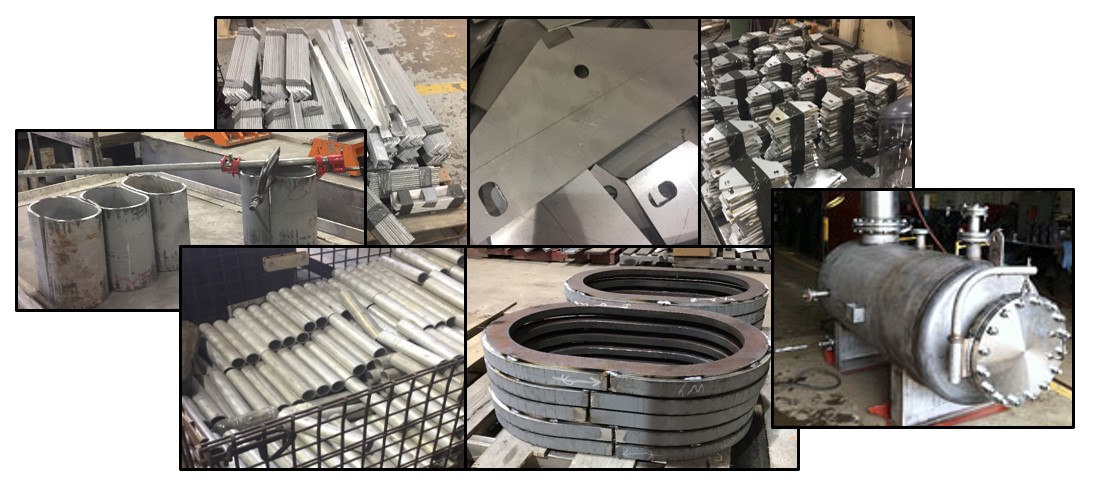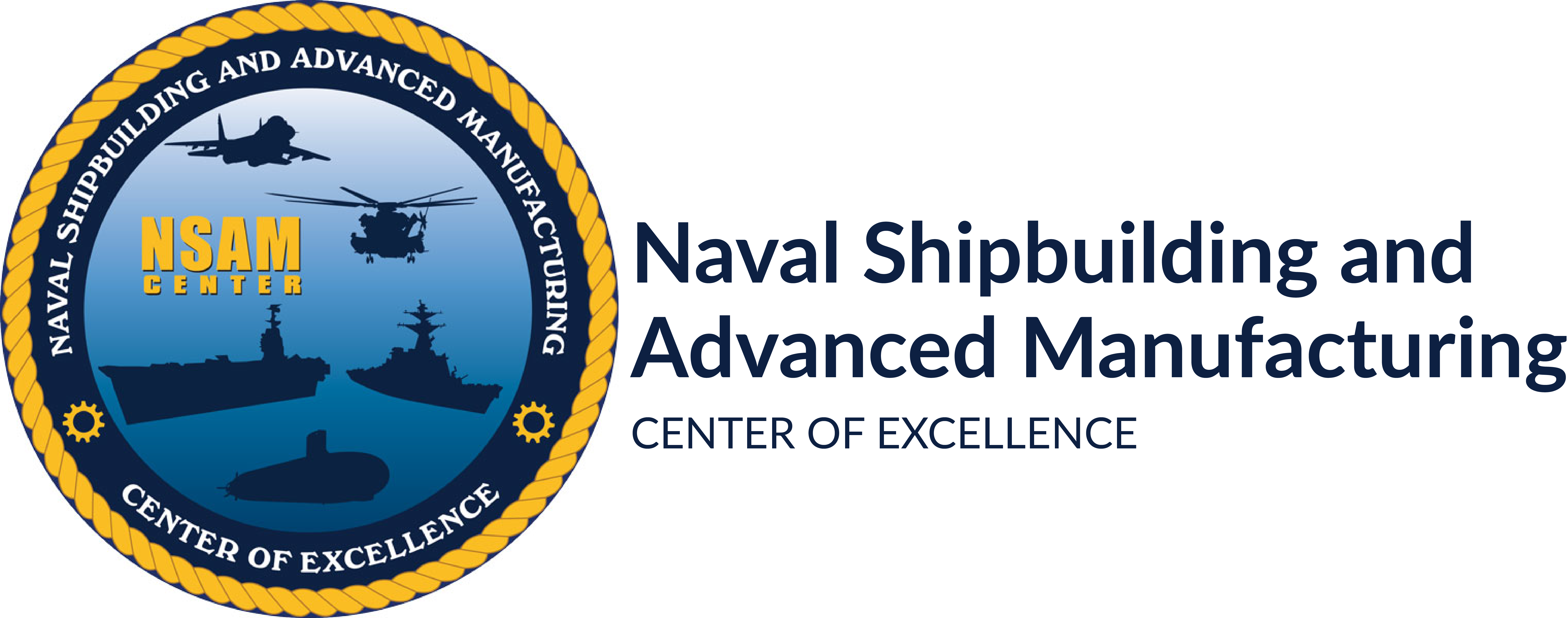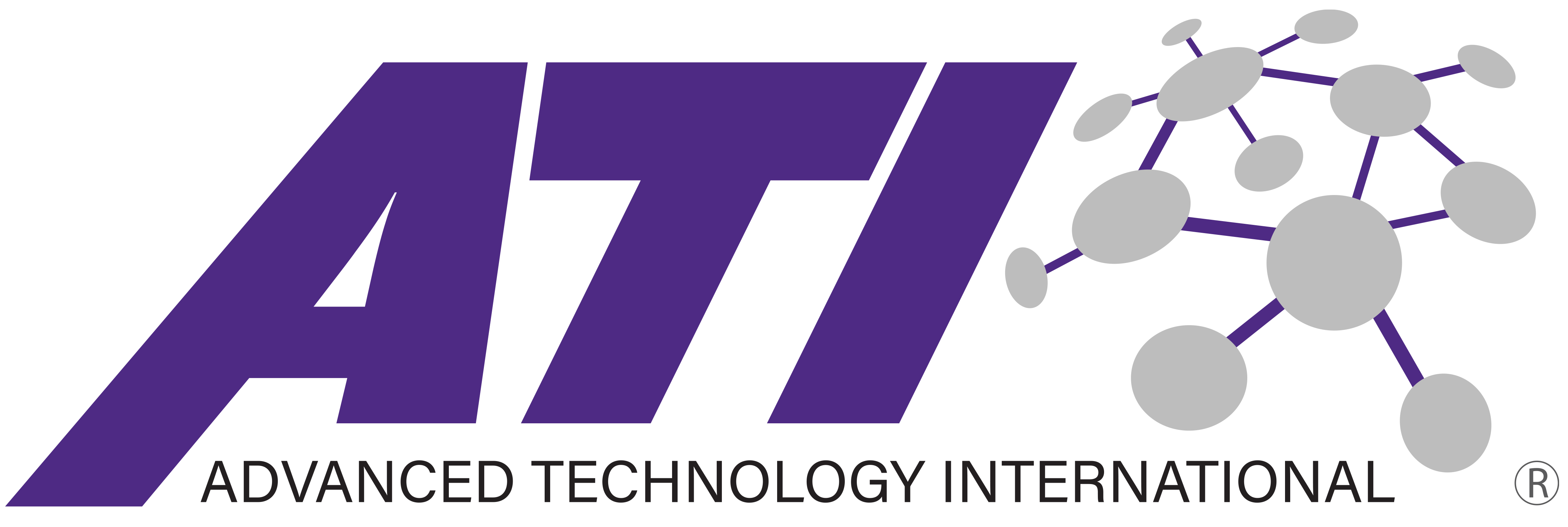Project Participants: Huntington Ingalls Industries – Ingalls Shipbuilding
Project Start: September 2018
The Work Cell Development project, led by Huntington Ingalls Industries Ingalls Shipbuilding (Ingalls), is looking to develop manufacturing solutions in the Machine shop, Integrated Products Division (IPD) shop and other support shops focused on improving process efficiency and tooling for production of repetitive and labor intensive products.
Ingalls Shipbuilding Machine shop and IPD shop fabricates and assembles a variety of repetitive parts such as louvers, covers, strainer plates, tanks, filters, vents, lifting lugs, custom bolts, lifting lug repairs and many other components. There is a high degree of manual operations performed at workstations at various locations in the shops fabricating both small and large components. The high degree of manual operations and material handling over numerous areas is a significant cost and schedule driver to ship construction and does not allow for best use of ergonomic principles. In addition, the large quantity of parts in process in the work stations and on pallets around workstations take up valuable floor space. The high degree of manual processes and material handling requires significant labor and can be prone to errors.
The Work Cell Development effort will improve efficiency within Ingalls Shipbuilding Machine Shop, IPD Shop and support shops to produce repetitive and labor intensive parts through work flow planning, automation and mechanization to reduce labor, improve quality, lower re-work and increase throughput.
The project will be executed in two phases. Phase I will baseline the current processes for fabricating labor intensive parts and compile part family data including size, quantity, manufacturing process, man-hours, and re-work. Process maps will be developed to document the current processes for the target parts and part families. Time studies will be performed and IE data gathered to perform cost analysis and document the quality of the target processes. Work cell requirements will be developed to identify engineering and operations constraints, processes, tolerances, etc. Phase II will perform the design and engineering of the prototypes and produce the prototypes by fabricating and/or modifying COTs equipment. Implementation of the automated/semi-automated processes and any tools or fixtures developed under this project is estimated to result in annual savings of $980K across all platforms constructed at Ingalls.




